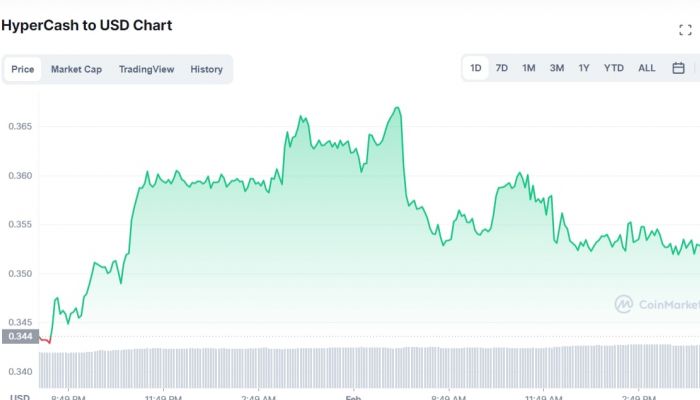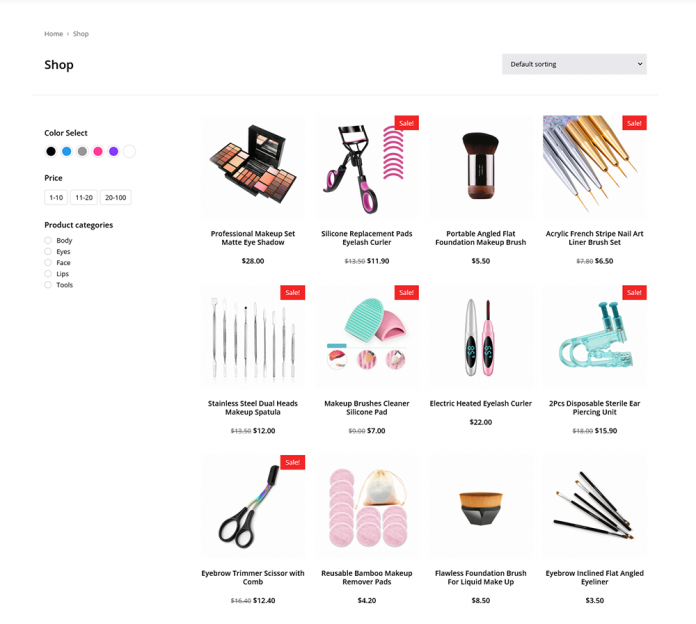
HyperFund, Investing in cryptocurrencies is now easier than ever before. Anyone with a decent internet connection may begin creating their crypto holdings in only a few clicks.
This ease of access to cryptocurrency, however, comes at a cost – the potential growth in fraudulent parties aiming to take advantage of naive investors new to the crypto industry.
This should go without saying, but any investing venture should be treated with caution and vigilance. This is especially true with cryptocurrency investments, where market volatility, hype, and a case of FOMO are frequent.
With that said, HyperFund is one such example. The Hyperfund project is a Ponzi or MLM scheme, sometimes known as a Pyramid scheme.
Revenue is generated by affiliates or members who sell the company’s services and products. However, these types of schemes frequently prey on unsuspecting consumers by promising an X amount of profit provided they agree to invest an X amount of capital. These enormous promises are frequently too wonderful to be true, which is why they are dangerous.
In this article, we’ll look at HyperFund and discuss the type of strategy they offer.
Who are the brains behind HyperFund?
Ryan Xu launched the HyperTech Group in 2014. The website portrays Xu as a successful investor and entrepreneur in the Blockchain field; nevertheless, Google searches reveal prior failed coin launches.
Prior to HyperFund, the company established HyperCapital in an attempt to resuscitate the failed coin ‘HCash.’ HyperCapital and HyperFund share similar business concepts, but HyperCapital was later abandoned, and its website is no longer active.
Based on previous ventures, we may expect HyperFund to take a similar position and engage in crypto-related fraud.
What exactly is HyperFund?
With several decentralized service platforms and blockchain technology, HyperFund claims to have built a DeFi (Decentralized Finance) ecosystem for digital currency consumers.
Affiliates that recruit new users and place them at the top of a uni-level team are awarded referral commissions.
A purchase of 300, 500, or 1000 HU is necessary to join an affiliate membership by sending USDT at a 1:1 ratio. The Hyperfund offer is 0.5 – 1 percent daily payments reaching a 200-300 percent ROI paid in HU.

HU is an internal token with no real value; in order to profit from HU, you must first convert to MOF via Hyperfund and then withdraw to an exchange.
The issue here is that MOF could swiftly lose value, as seen by Xu’s unsuccessful HyperCash, leaving you with far less than your initial investment.
Is Hyperfund a danger?
Here are some of the main reasons why we believe Hyperfund is not a secure investment.
- Hyperfund is not authorized to provide financial services in several countries.
- The UK FCA has issued warnings about Hyperfund being an unlicensed firm.
- Hyperfund does not provide any products or services; affiliates can only sell the affiliate membership itself.
- The additional service platforms described under their ‘Hyper Ecosystem’ have no online ratings and do not appear to be in use.
- There are numerous negative Trust Pilot reviews that expose the company as a scam; the majority of the positive evaluations look to be bogus and are likely to be affiliated trying to sell HyperFund for their own advantage.
- If you search for ‘Hyperfund’ on Google, the first two results are ‘Hyperfund review’ and ‘Hyperfund fraud,’ which are based on popular, trending, and past queries.
Takeaways from the HyperFund review
As we stated at the outset, you should approach any investing venture with careful planning and study. When you come across an offer or deal that appears to be too good to be true, consult with many sources and references as soon as feasible.
Even the most ardent investors can fall victim to a false sense of security when faced with a profitable opportunity, preferring to take their chances for immediate gains over logical reasoning.
Schemes and benefits given by companies like HyperFund may appear to be enticing, but when you dig deeper, you’ll find that things don’t add up. Again, if it sounds too good to be true, it probably is.
According to a study of 350 MLM firms conducted by the Federal Trade Commission (FTC) in the United States, at least 99 percent of participants lost money in these schemes* (JM Taylor FTC, 2011).
With that said, we hope our quick analysis of HyperFund has been helpful to our audience and anyone wishing to begin investing in the cryptocurrency field.
Because HyperFund is not authorized to provide financial services in many countries, it is extremely possible that it is operating illegally.
Keep in mind that if you opt to invest with an unregistered company, you are not covered by any laws and may not receive your money back if an issue occurs.
Know more about : Social Media SEO, Disavow Links, DealDash, Binance Coin






